Vol. I. Key to Translation: Various editions of Caraka Samhita and its commentaries. Foreword. The history of medicine in India: 1. The history of medicine in India. 2. The story of Ayurveda. 3. Bharadwaja. 4. Atreya. 5. Agnivesa. 6. Caraka. 7. Drdhabala. 8. Caraka Samhita, a redacted treatise. 9. Commentators of Caraka Samhita. 10. The pupils of Atreya. Medical institutions in ancient India Part I: 1. Universal education in ancient India. 2. The purpose of the study of medicine. 3. Selection of the system and branch of study by the medical student. 4. Text books of medicine. 5. Admission to studies. 6. The oath of initiation. 7. The qualities required in the student for admission to medical studies. 8. Qualities of the teacher. 9. The student’s life and discipline. 10. The method of theoretical and practical study. 11. Institutions and universities. 12. Examination, registration and convocation. 13. Completion of study. Medical Institutions in ancient India Part II: 1. The individual and medicine. 2. Village and medicine. 3. Urban medical relief. 4. The royal physician. 5. Military surgery. 6. Nursing. 7. Veterinary science. 8. Hospitals and equipment. 9. Pharmacy. 10. Fees, presents and remunerations to medical men. 11. The vaidyas. 12. The vaidya and society. 13. State and medicine. 14. Quacks. Some aspects of life in Caraka’s times: Introduction. 1. The ceremonials observed in childhood. 2. The routine of daily life. 3. Dress and clothing. 4. The use of wine. 5. The practice of smoking. 6. Company. 7. Marriage and procreation. 8. Treatment and the status of the patient. 9. The use of ornaments. 10. Woman in Caraka’s times. 11. The sense of smell. 12. Routine observed during the purificatory procedures. 13. Regulations of society and state regarding treatment. 14. Legends and Mantras. 15. Kampilya as a centre of learning. 16. Various schools of thought in Caraka’s times. 17. The final renunciation. 18. People and their professions. 19. Astrological chart. The philosophical concepts in Caraka: 1. The beginning metaphysics and medicine. 2. Reality–the soul and the world of things. 3. What is man? 4. The ethical note in Ayurveda. The science of the triumvirate of pathogenesis or of constitutional pathology: 1. The back-ground. 2. The story of life. 3. The triumvirate of organizations. 4. The study of environment. 5. The study of constitution. 6. Method of nomenclature. 7. The nature and functions of the body triumvirate. 8. Imbalance condition due to increase or decrease. 9. Vitiation process. 10. Importance of knowledge of constitution of the body in the study of disease condition and practical therapeutics. 11. The etiological factors of disease. 12. Nosology and the triumvirate. 13. Conclusion. 14. The ideal of health in Ayurveda. Vol. II, III, IV, V & VI: Part of the text is in Sanskrit with Translations in Hindi, Gujarati and English.
The Caraka Samhita: Expounded by the Worshipful Atreya Punarvasu (Volume I to VI)
In stock
Free & Quick Delivery Worldwide
reviews
Bibliographic information
Title
The Caraka Samhita: Expounded by the Worshipful Atreya Punarvasu (Volume I to VI)
Author
Edition
1st ed.
Publisher
Chaukhambha Orientalia, 2008
ISBN
8176370813
Length
4666p., Plates.
Subjects


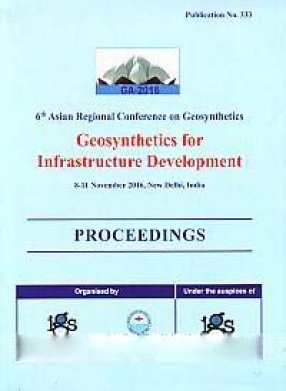
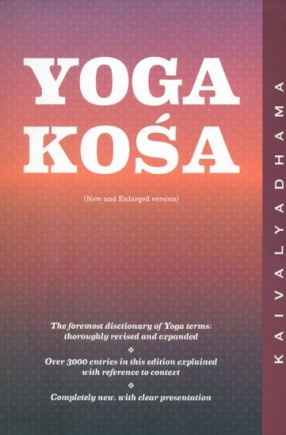
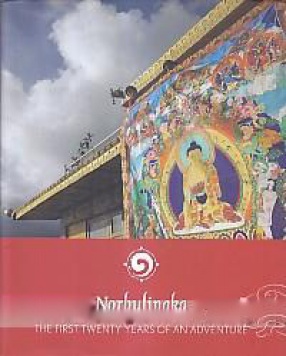
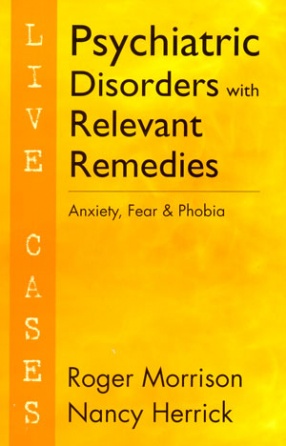

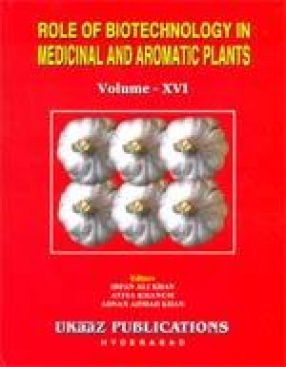
There are no reviews yet.